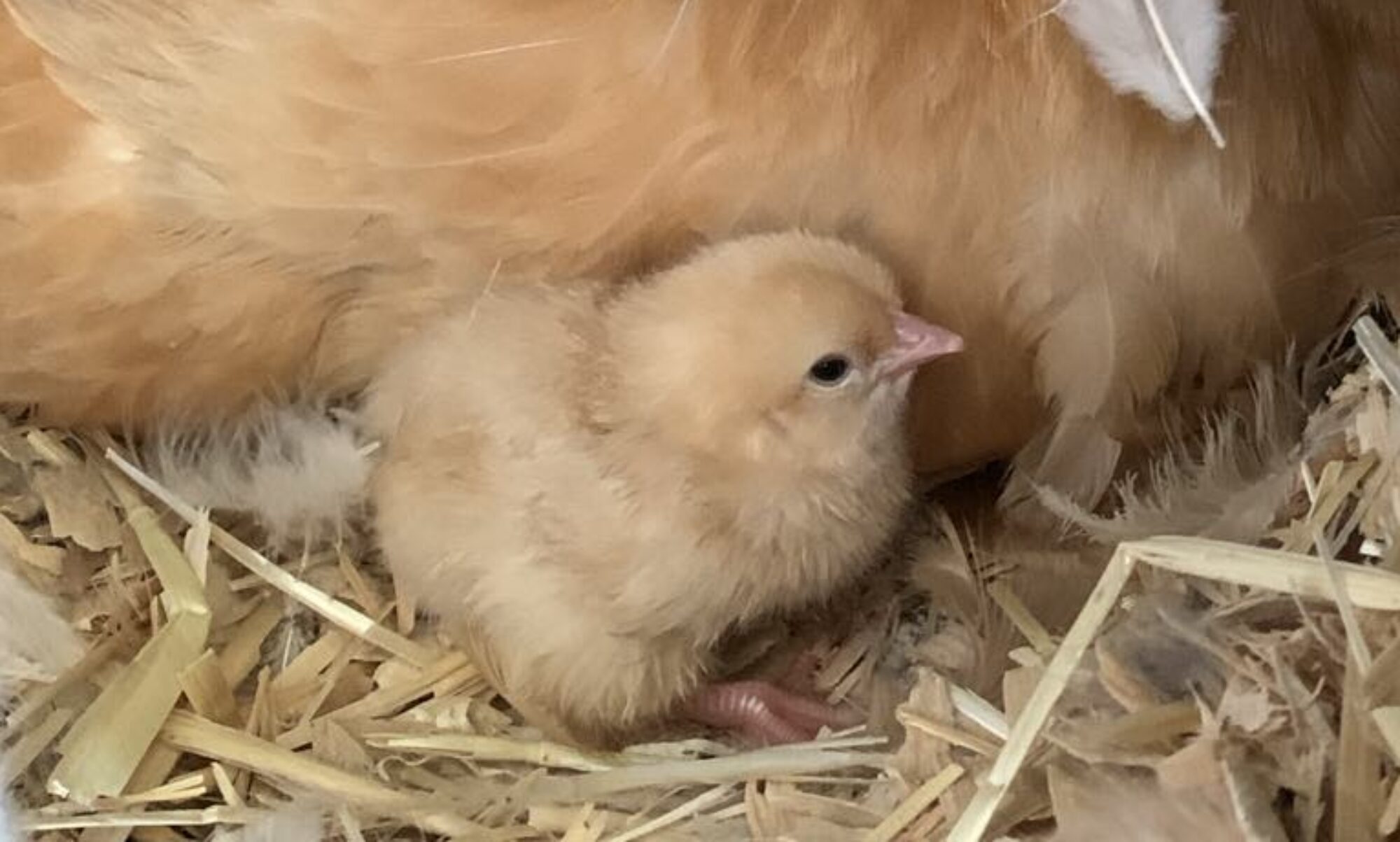Feeding your farm animals doesn’t have to be expensive. You just need to be resourceful and creative.
Prepared feed products that you purchase at your local livestock or pet supply store are great to feed your animals. They are formulated to provide specific farm animals with their optimum daily nutritional requirements. There is a lot to choose from though and picking the right feed can be a daunting task. They can also be expensive. I find that supplementing a prepared feed with other foods is not only cheaper, but I think it’s better for my animals. Understanding your animals’ nutritional requirements is important and I find that as my understanding increases, my animals’ diets change.

It is through trial and error that you will figure out what works best for you and your animals. There is nothing wrong with sticking strictly to a quality, prepared feed that your animals like and that keeps them healthy, but personally, I like variety. For example, I know that a balanced meal of pot roast, potatoes, carrots and peaches is good for me, but I don’t necessarily want to eat it every day at every meal for years! Different foods offer different nutrients and can provide different benefits for your animals and your pocketbook. I believe that a well-rounded diet is as good for some of our animals as it is for us. There are some exceptions of course, so do your research.
One of the most cost-effective resources available for feeding animals is a garden. During the summer and fall there is a lot of fresh foods from my garden that I use to supplement the diets of my chickens, rabbits, and goats. Not only are there the fruits and vegetables, but also some of the flowers and leaves.

Rabbits and goats love grape leaves and a rabbit will devour a raspberry branch in it’s entirety; while chickens, ducks and geese will be happy to eat those darn weeds and pesky garden bugs. Watermelon is considered a delicacy to any bird and I’ve witnessed a duck eat his way through a pumpkin.

Grass clippings are a money saver [Editor’s note: Lawn grass is the largest irrigated crop according to the University of California, Santa Barbra. With most of the grass clipping produced being thrown away]. Geese, goats and bunnies like grass clippings. I’ll give them fresh clippings sparingly and then dry the rest in the sun. Once dried, the clippings can be stored for a rainy day or doled out until the next mow. Be careful of chemical fertilizer or weed killers used on your lawn. You don’t want to feed your rabbit weed killer!

Animals are also great recyclers! I throw very little food away. Peelings from the vegetables I use in preparing a soup or salad make a great addition to a rabbit or goat’s dinner, and my chickens love the extra rice or leftover meat scraps. Even when we go out to eat, if there is leftover food, I get a doggie bag and take the scraps home to my chickens.
Neighbors and family are a great resource as well. My animals love Aunt Cindy’s ‘treat’ bags, and my animals are beneficiaries of the delicious apples that fall on the ground at my neighbors. Neighbors have also been gracious and saved pumpkins and Christmas trees for us. And let’s not forget the fall leaves! Goats and rabbits love all the freshly fallen leaves. Don’t be afraid to put the word out.

There are certain foods that you should definitely stay away from when feeding your animals. Uncooked, dry beans is one of them. Even though beans are a good source of protein, they contain hemagglutin which is toxic, not only to your chickens, but to other animals and people too. Please make sure you properly cook all dry beans before serving them to your birds or other animals. Rotten, spoiled and moldy food is not something you would eat, so don’t give it to your animals. We all know that chocolate and grapes are not good for dogs. If you have a question about whether something is good for your animal or not, google it, just verify your information from a couple of sources. (Feel free to leave a message and ask me and I’ll do the research for you.)
I think that as long as your animals are getting a variety of fruits, vegetables, grains, greens and herbs, they will enjoy their diet and live long, healthy, productive lives.
What pocketbook saving feeding tips have worked for you?

